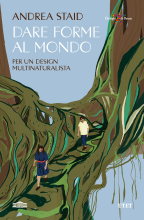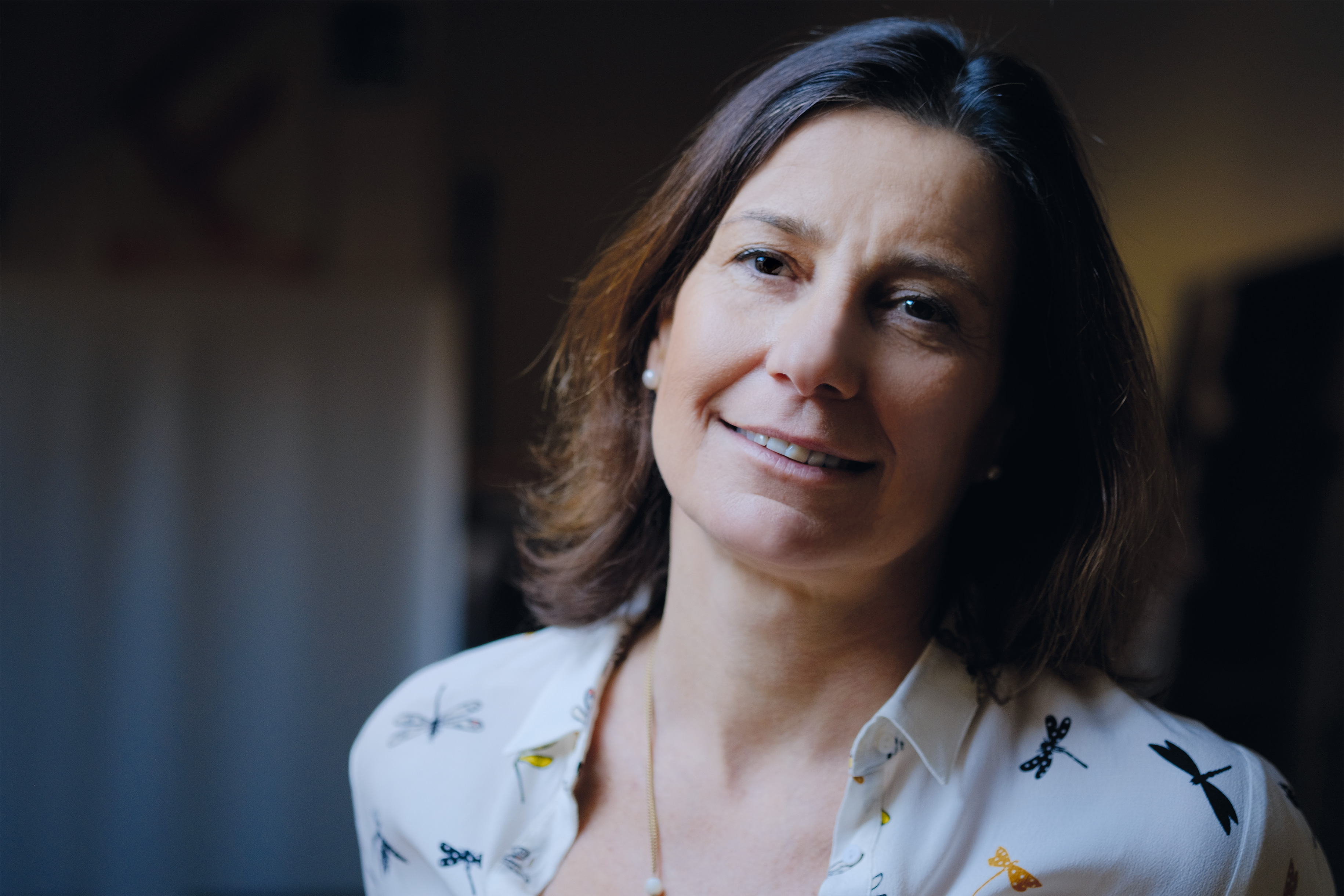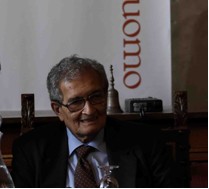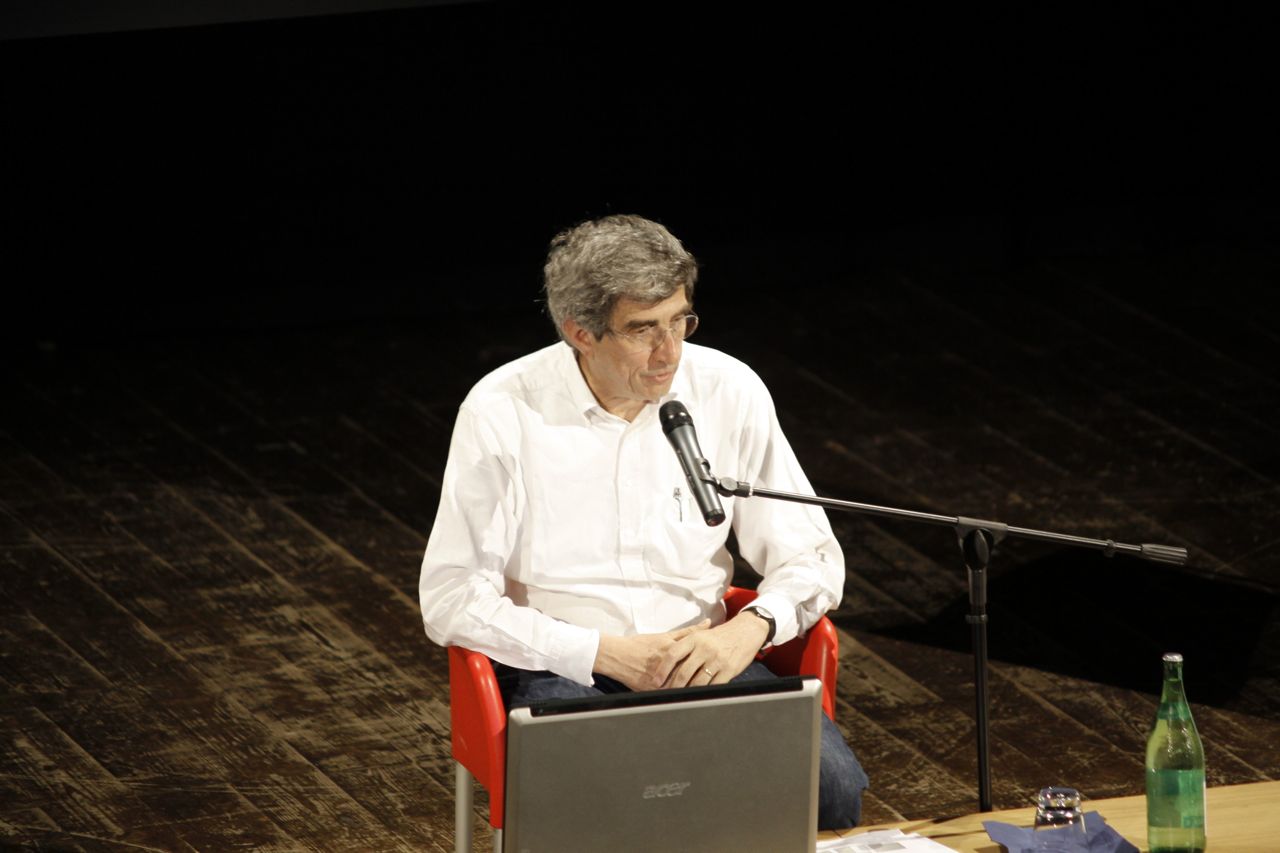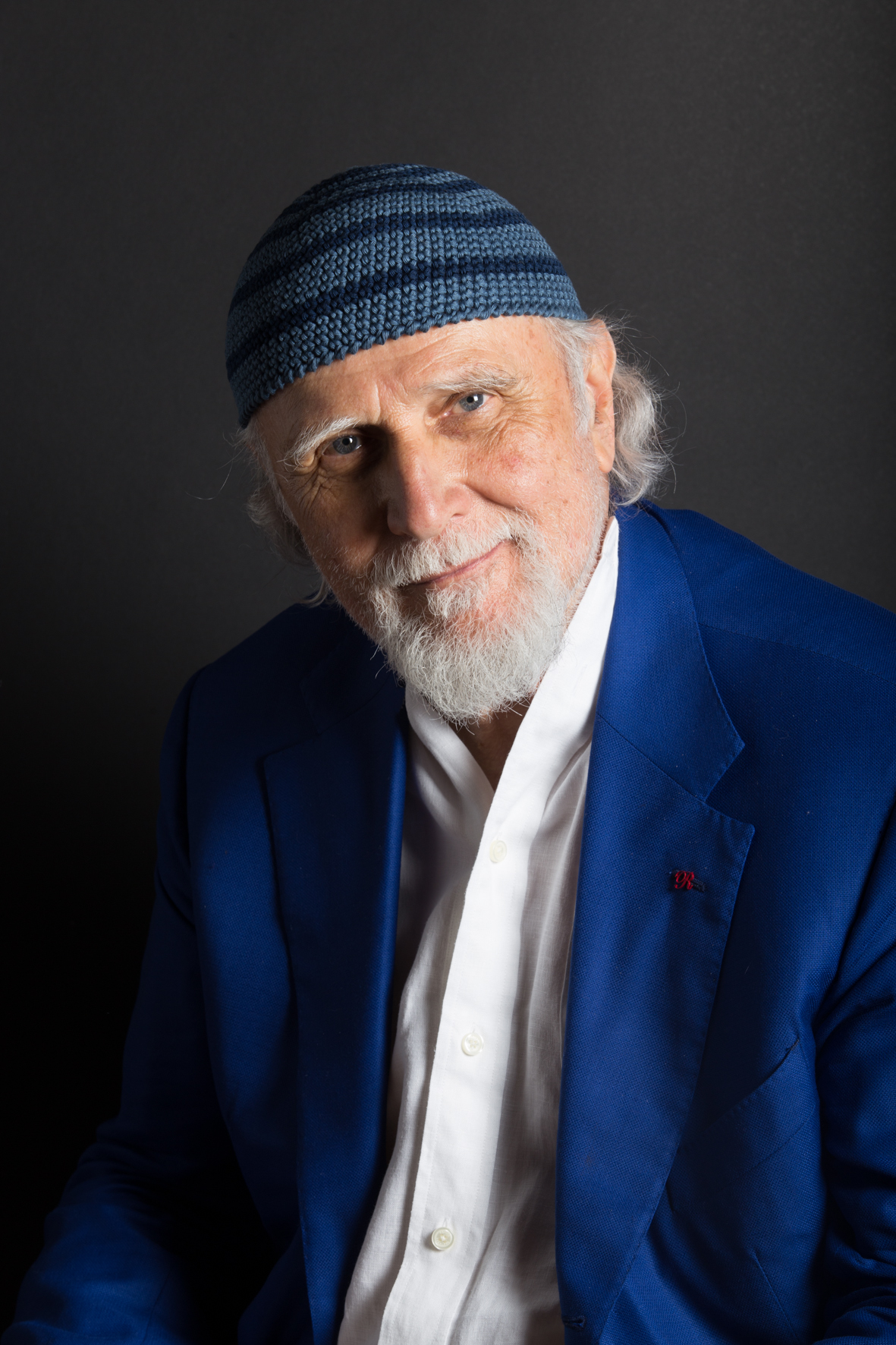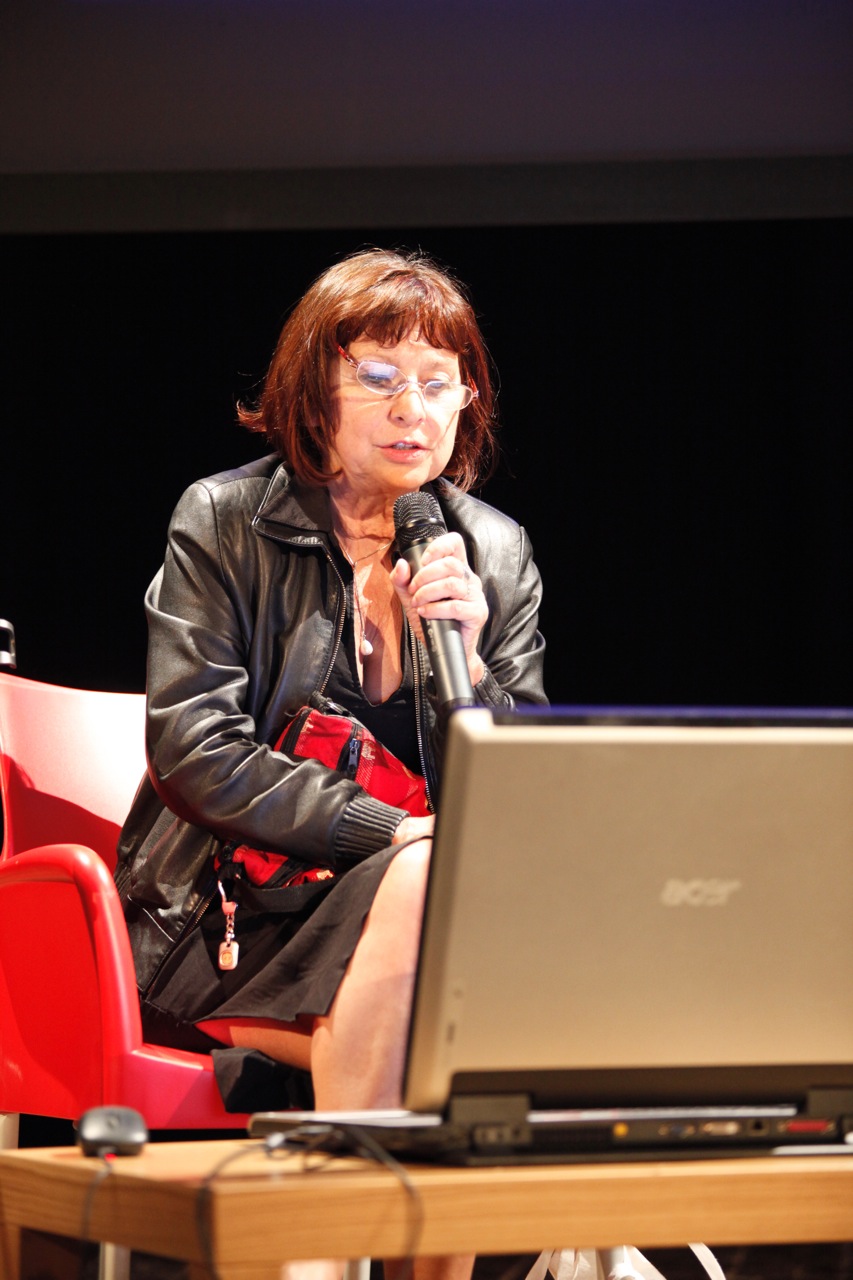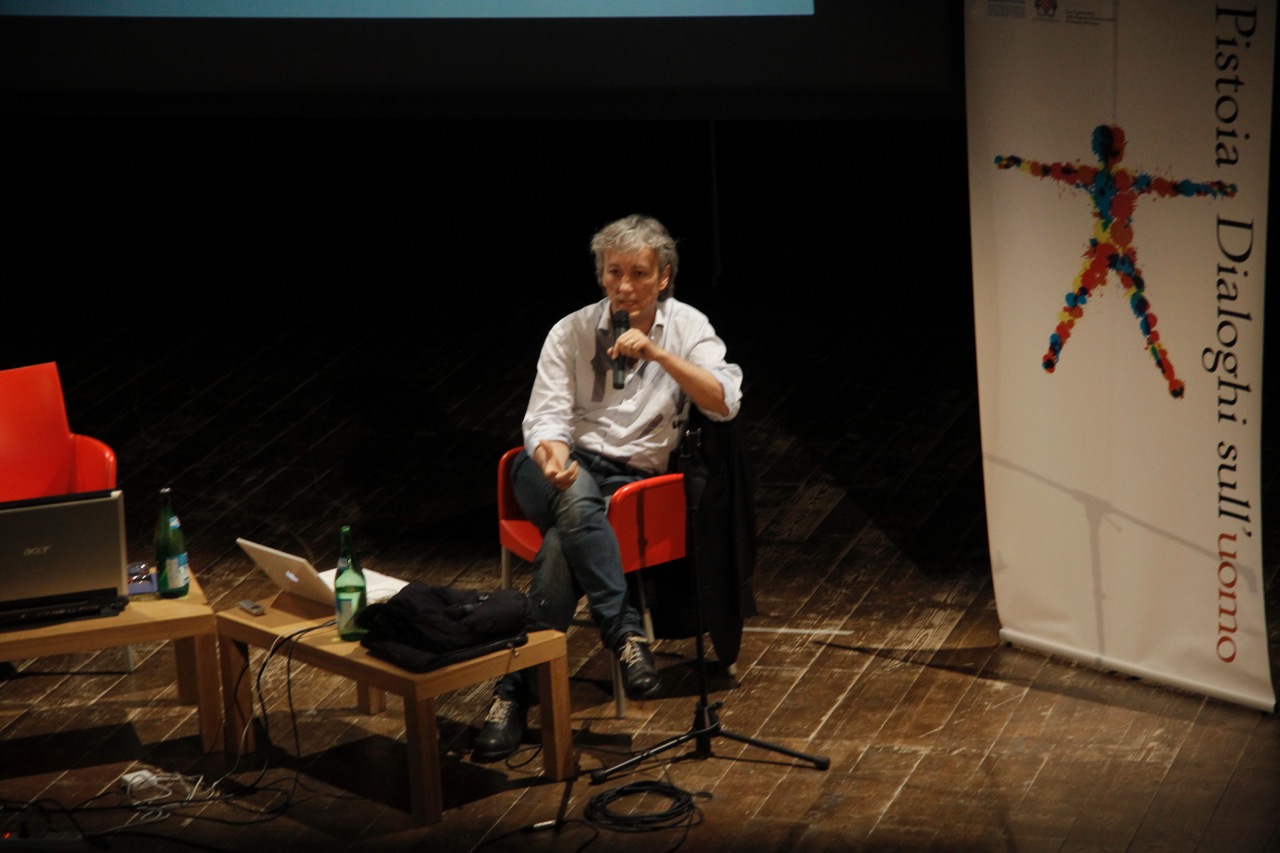Luciano Canfora is Professor of Greek and Latin Philology at Bari University. He often contributes to the news daily Corriere della Sera. He has studied problems of ancient history, of Greek and Latin literature, of history of traditions, history of classical studies, politics and culture of the 20th century. He edits the journal Quaderni di Storia and is a member of the steering committee of three more journals: Historia y critica, the Journal of Classical Tradition, and Limes. His books have been translated into many languages.
Francesco Remotti, emeritus Professor of Cultural Anthropology, member of the Academy of Sciences in Turin and the Accademia dei Lincei, has carried out ethnographical and historical research among the Banande people in the Democratic Republic of Congo. He has developed theories on the concept of identity and on anthropopoiesis. His publications include: Contro l’identità (1996); Contro natura (2008); L’ossessione identitaria (2010); Cultura (2011); Fare umanità. I drammi dell’antropo-poiesi (2013); and Somiglianze.
Andrea Moro (1962) holds a Ph.D. in Linguistics from Padua University and has obtained a Diplôme d'études supérieures en théorie de la syntaxe et syntaxe comparative from Geneva University. He was often a visiting scientist at MIT and at Harvard University. He now teaches linguistics at the department of Psychology of Milan’s Università Vita-Salute San Raffaele, that he founded together with others. His chief fields of research are the theory of syntax in human languages, and the neurobiological foundations of language.
Michela Marzano (1970) completed her studies at the Scuola Normale Superiore di Pisa and obtained a PhD in Philosophical research. She is professor of Moral Philosophy at the Université Paris Descartes and served as head of the social sciences department at the same university. She is a columnist for the newspaper la Repubblica and author of a number of books that have been translated into many languages, including Straniero nel corpo (Giuffrè, 2004); Estensione del dominio della manipolazione (Mondadori, 2009); Sii bella e stai zitta.
Caterina Soffici (1965) is an Italian journalist. She has worked at the newsdailies Paese Sera, la Repubblica, Italia Oggi, and l’Indipendente. She managed the culture section of il Giornale for 10 years up to 2008. She has also written radio and tv programs for RAI channels 2 and 3. She now contributes articles on social and cultural affairs to il Riformista and Vanity Fair. Her book, Ma le donne no, was published by Feltrinelli in 2010.
Amartya K. Sen received the Nobel Prize for Economics in 1998. He has taught at the universities of Calcutta, Cambridge, New Delhi, Oxford and Harvard, and at the London School of Economics. Between 1998 and 2004 he was Dean of Trinity College, Cambridge. He is currently Lamont University Professor of Economics and Philosophy at Harvard University. His works have been translated into more than 30 languages. Following are some of his books available in Italian: La diseguaglianza. Un riesame critico (Il Mulino, 2000); Utilitarismo e oltre (with B.
Giuseppe Barbera, an expert in the flora and in the agricultural and forestry systems of the Mediterranean, teaches at Palermo University. He contributes to Italian and international scientific journals. Following are some of the books he has published: L’orto di Pomona (L’Epos, 2000); Ficodindia (with P. Inglese, L’Epos, 2001). The latter book was shortlisted for the 2002 Grinzane Cavour Giardini Hanbury prize. He then won the same prize in 2007 with his book Tuttifrutti: Viaggio tra gli alberi mediterranei tra scienza e letteratura (Mondadori, 2007).
Moni Ovadia, a writer and performer, was born in Bulgaria and studied in Milan, where he began his activity as a musician and singer. In 1984 he began his stage career under the direction of T. Kantor, F. Parenti, G. Marini. From 2004 to 2008 he was Director of the Mittelfest festival.
Mariella Berra teaches Sociology of ITC networks and data sharing methods for civic goals at Turin University. She is a member of France’s Centre pour la Recherche et l’Enseignement en Informatique et Société. She is the author of: Ripensare la tecnologia (1995); Informatica solidale. Storia e prospettive del software libero (2001, with A.R. Meo); Libertà di software hardware conoscenza (2006), all published by Bollati Boringhieri; and of Sociologia delle reti telematiche (Laterza, 2007).
Riccardo Luna is the editor of WIRED magazine. He was founder and editor of Campus magazine, was deputy editor of the sports daily Corriere dello Sport, chief editor of la Repubblica. He studied the digital revolution in Silicon Valley, where he met some of its key representatives. Together with R. Giacobbo he has written Chi ha veramente costruito le Piramidi e la Sfinge (Nuovi Equilibri, 2002); Il segreto di Cheope (Newton Compton, 2004).

